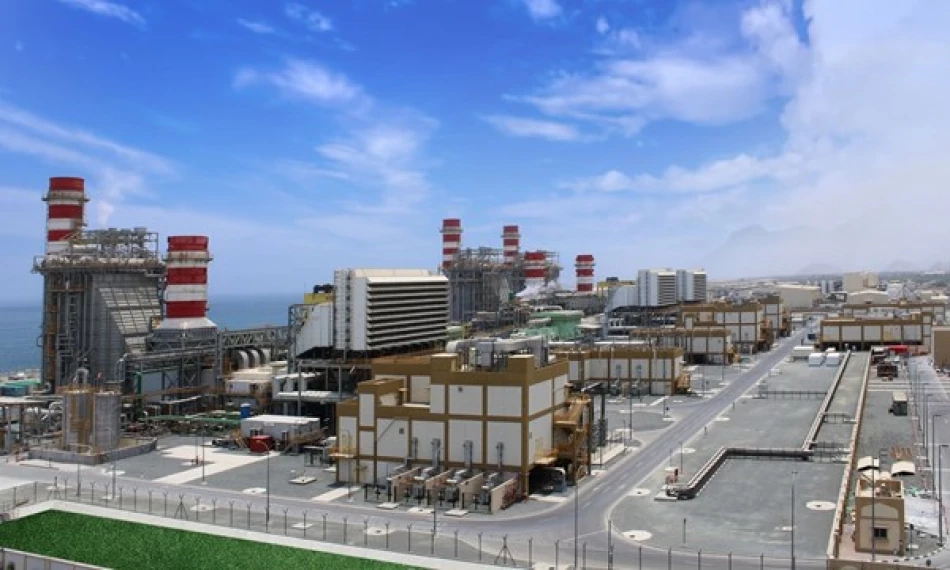
Fujairah's Pioneering F3 Independent Power Plant Begins Full Commercial Operations
The UAE just fired up one of its biggest and most efficient gas-powered electricity plants. The Fujairah F3 power station can generate 2.4 gigawatts of electricity - enough to power about 380,000 homes. But here's what makes this interesting: it's designed to work alongside renewable energy sources as the country shifts toward cleaner power.
Emirates Water and Electricity Company announced the plant's full commercial operation this week. The facility sits in Qidfa area in Fujairah emirate and represents a joint venture between several major players. Abu Dhabi National Energy Company (TAQA) holds the largest stake at 40%, while Marubeni Corporation owns 20.4%, Mubadala Investment Company has 20%, and Hokuriku Electric Power Company holds 19.6%.
The plant uses cutting-edge gas turbine technology from Mitsubishi Power - specifically their JAC-class turbines configured in combined cycle gas turbine (CCGT) systems. This setup makes it one of the most advanced facilities of its kind in the region. The high thermal efficiency and quick response capabilities mean it can ramp up or down fast when renewable sources like solar fluctuate.
This flexibility matters because the UAE is serious about adding more renewable energy to its grid. Gas plants like Fujairah F3 act as backup power when the sun isn't shining or wind isn't blowing. They provide what engineers call "baseload" power - reliable electricity that keeps the lights on 24/7.
The project follows the independent power producer model, where private companies build and operate the plant then sell electricity to the state utility under long-term contracts. Emirates Water and Electricity Company will be the sole buyer of the plant's output.
Andreas Kohlor from TAQA's power generation division said the plant supports the company's goal of becoming a low-carbon utility. The facility can integrate more renewable electricity into the grid while maintaining reliability during peak demand periods.
For international partners, this represents a significant bet on the UAE's energy transition. Marubeni's Naoki Ito emphasized their long-term commitment to the region's evolving energy sector. Hokuriku Electric Power sees it as part of their global expansion strategy, bringing their thermal power generation expertise to the Middle East.
The plant's commercial launch comes as the UAE pushes to increase clean energy's share in its electricity mix. The country has set ambitious targets for renewable energy adoption, but gas-fired plants like Fujairah F3 provide crucial transition capacity. They bridge the gap between today's fossil fuel-heavy grid and tomorrow's renewable-powered system.
From an economic standpoint, the project demonstrates continued foreign investment confidence in UAE infrastructure. The multi-billion dollar facility required years of development and represents one of the largest power projects in the country. It also creates jobs and supports local communities in Fujairah emirate.
The timing is significant too. Regional electricity demand keeps growing as populations and economies expand. At the same time, governments face pressure to cut carbon emissions. Efficient gas plants offer a compromise - they're cleaner than oil or coal but can provide steady power unlike intermittent renewables.
Most Viewed News

 Layla Al Mansoori
Layla Al Mansoori






